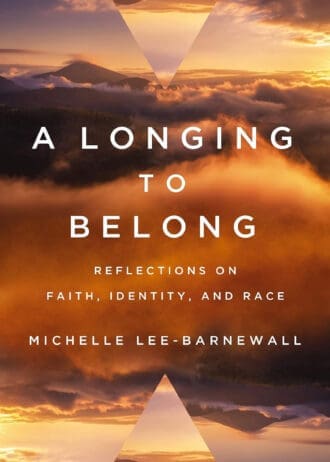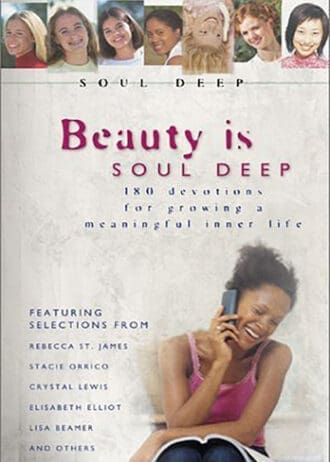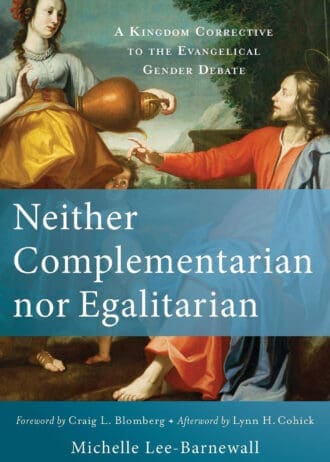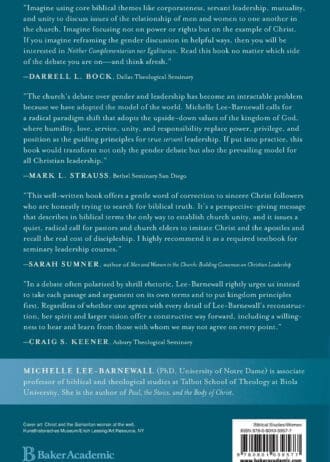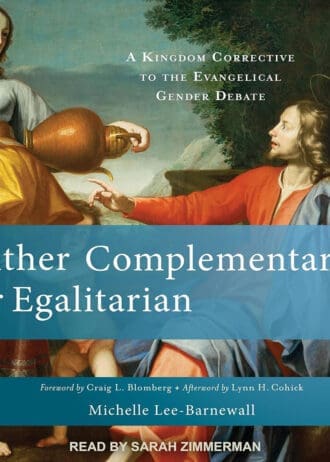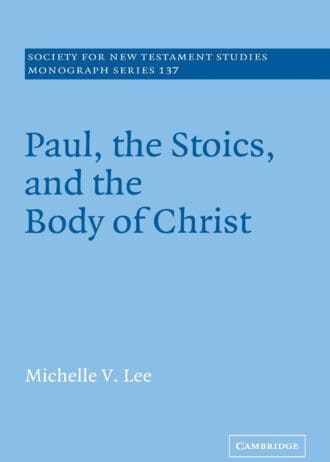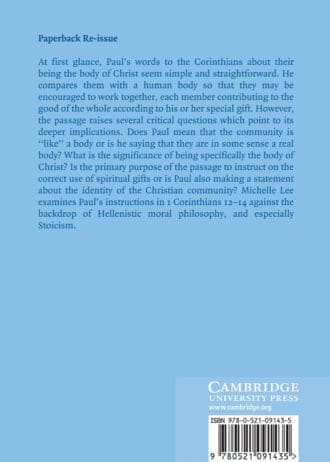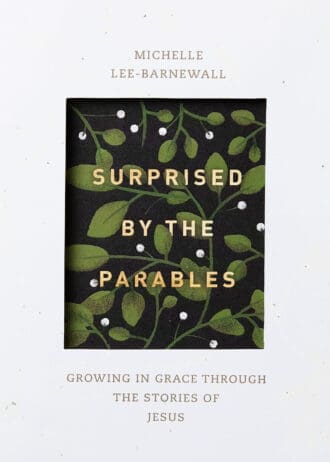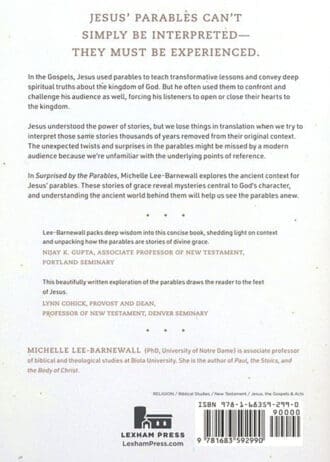A Longing to Belong: Reflections on Faith, Identity, and Race
A Longing to Belong integrates a biblical worldview and personal experience on the topic of race and race relations. Lee-Barnewall writes as both a New Testament scholar and an Asian American, seeking to understand her experiences through the lens of the New Testament and what it has to say to us today about our Christian calling and our identity in Christ as members of his one body. A Longing to Belong spurs readers to consider what it means to live together as racially distinctive people in the redeemed Christian community. Rather than arguing for one “side,” Lee-Barnewall shares examples rooted in her own experience in light of an overarching kingdom theology.

